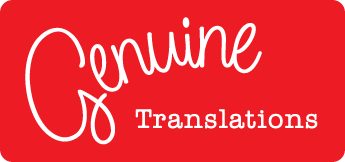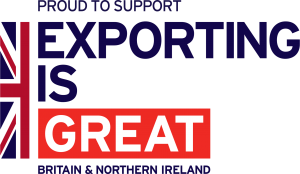The word ‘legal’ always sounds big and scary; but why wouldn’t it? Aristotle once said “At his best, man is the noblest of all animals; separated from law and justice he is the worst”. Most of us want to stay noble, don’t we? Or at least stay out of trouble; hence our need to comply with the law in so many occasions.
Some of these occasions may require you to have a legal translation or a certified translation. Imagine, for example, that you are buying a house abroad, expanding your business to other countries or simply proving who you are in order to move to another country and, perhaps, work there. In these and many other situations, you wouldn’t only need a translator who is familiar with these legal topics, but also one who is qualified to carry out a translation that is legally-compliant (just like you).
In order to find the right translator, here are some tips:
- Find out exactly what you need from whoever is requesting the translation. A “certified translator” can mean anything. Does he/she need to be a member of a translators’ organisation? If so, any specific one? Does he need to be a sworn translator appointed by the government? Does he need to certify the translation in front of a notary public? Do the documents need legalisation (apostille) by the FCO or any embassy/consulate/high commission? I know, so many questions, right? A good translator may be able to answer them based on his experience, but you can’t hold him responsible if he ends up being wrong. Requirements change between organisations, countries, etc., and it’s the people asking you for a translation who should have the last word.
- Once you have the above information, you’ll be able to narrow down your search quite a bit. The next step should be to search for a translator who is a native speaker of the target language (i.e. the language you need your document translated into). Many translators claim to be able to translate in both languages, and they surely can, but be careful, only those translating into their native language will do a professional job.
- Find out how much experience the translator has in translating similar documents. Don’t be afraid to ask for CVs, look at their website, social media profiles, etc.; as Albert Einstein said, “the only source of knowledge is experience”.
- DO NOT choose a translator who has a spelling mistake on his/her CV or any other communication. I hope this is self-explanatory!
- Don’t go with the cheapest translator. Solicitors charge high fees for a reason, something precious is normally at stake, as it will be during and after the translation phase. You want a real professional.
- Let the way the translator communicates and interacts with you help your decision. Is she polite, helpful and clear? Does she reply to you on the same day of your enquiry? This is key for any good working relationship, and the best indicator of the translator’s professionalism.
I hope you’ve found this helpful and interesting. Do you have any other thoughts that could be added to the list? If so, please feel free to write a comment below; or contact eva@genuinetranslations.co.uk with any queries.

